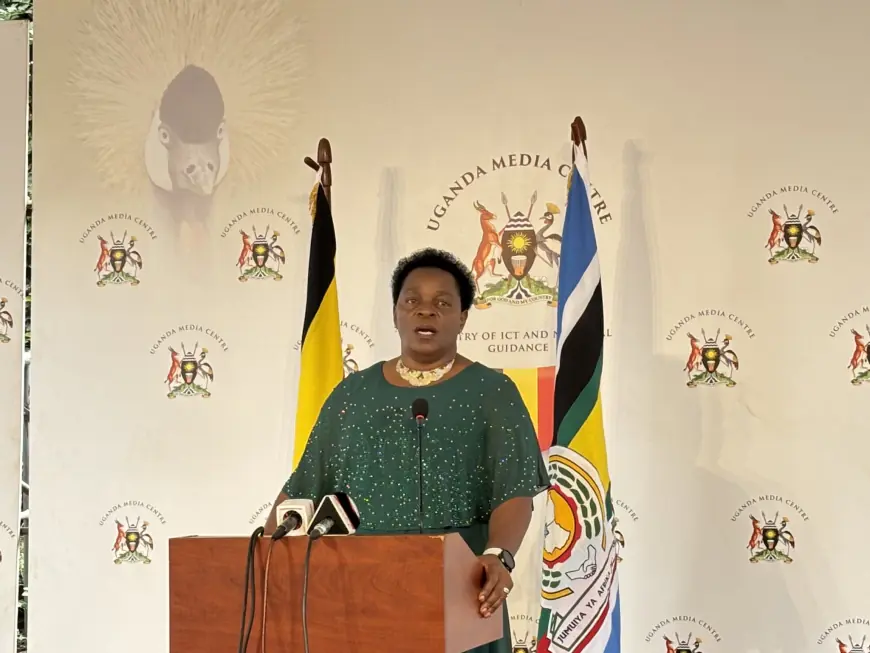Gov’t set to hold a National Conference for Traditional and Cultural Leaders to discuss how to amplify their role in national development.

The Ministry of Gender, Labour, and Social Development has officially announced the upcoming National Conference for Traditional & Cultural Leaders scheduled from January 16-17, 2025, in Kampala, focusing on the pivotal role that Traditional and Cultural Leaders can play in advancing Uganda’s socio-economic transformation.
The State Minister for Gender & Culture Affairs, Hon Peace Regis Mutuuzo while briefing the media on Thursday at Media Center said that the two-day conference is expected to foster a renewed commitment from traditional and cultural leaders to participate in socio-economic development initiatives actively, Strengthen collaboration between government ministries, departments, and agencies with traditional institutions and develop actionable strategies to integrate conventional leaders into government programs, reducing the cost of implementation and enhancing community ownership among others.
“Discussions will revolve around strengthening their contributions to national development, improving government-culture partnerships, and tackling critical challenges such as harmful cultural practices like FGM, poverty, and gender-based violence. The goal is to develop actionable solutions that align with Uganda’s Vision 2040” she said
Article 246 of Uganda's Constitution recognizes the Institution of Traditional or cultural leaders. This provision is further operationalized through the Institution of Traditional or Cultural Leaders Act, 2011, and the Traditional Rulers’ (Restitution of Assets and Properties) Act, Cap 247. These legal frameworks define the roles of traditional and cultural leaders, particularly in promoting cultural values and community well-being.
Section 9 of the Institution of Traditional or Cultural Leaders Act, 2011, outlines their responsibilities, including, Promoting and preserving cultural values, norms, and practices that enhance dignity and well-being. Fostering development, preservation, and enrichment of the community. Currently, Uganda recognizes 17 Traditional or Cultural Leaders, as published in the National Gazette.












